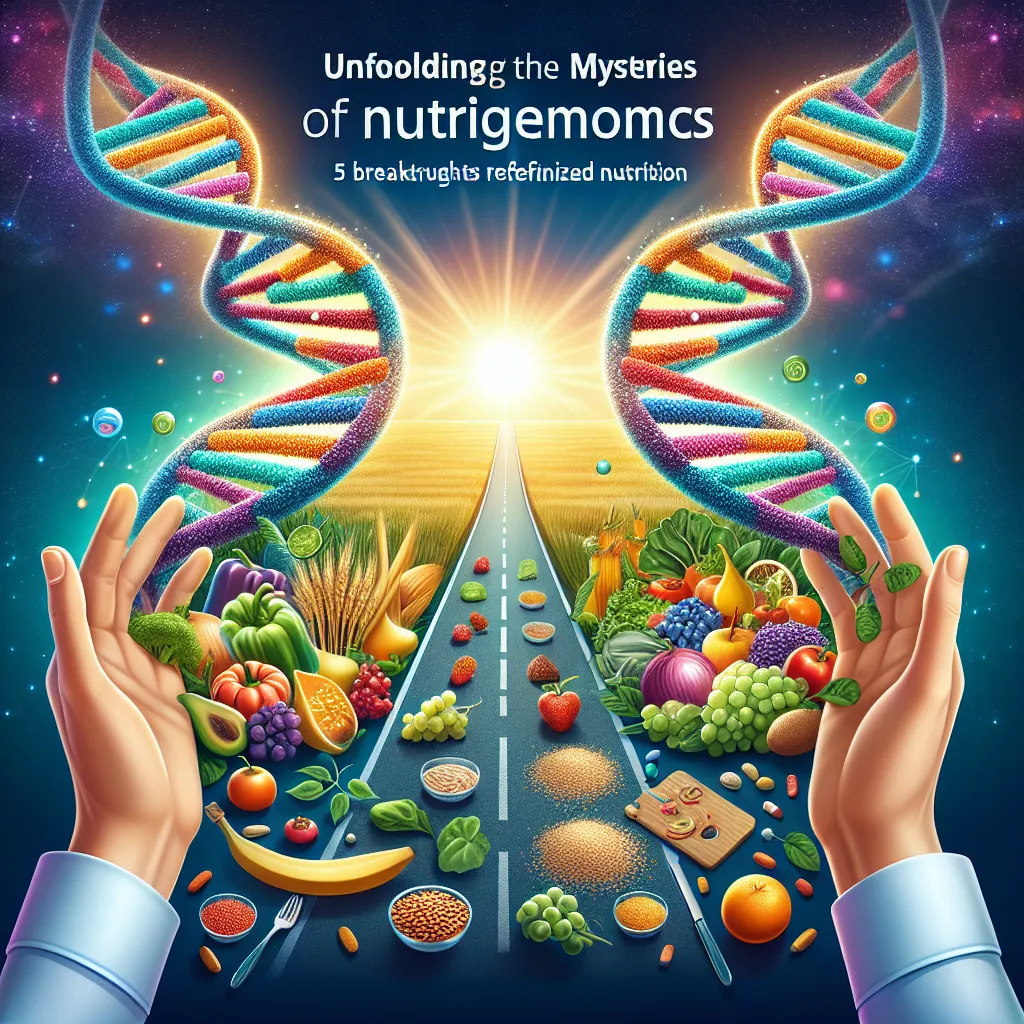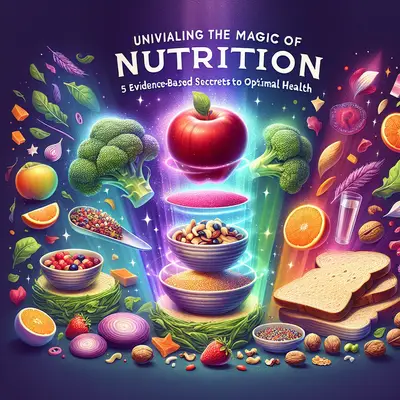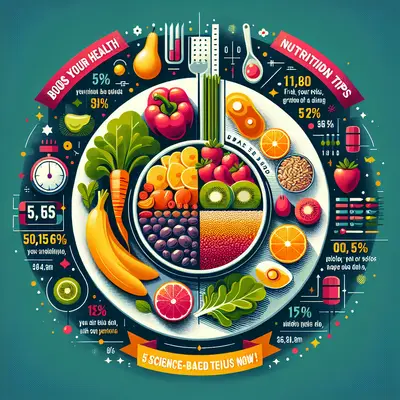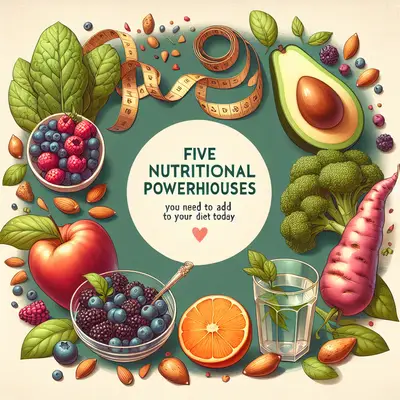The field of nutrition has witnessed a rapid evolution over the years, as we've moved from a one-size-fits-all approach to a more personalized and tailored nutrition plan. The key driver behind this transformation is Nutrigenomics, the science that studies how our genes interact with our diet. Let's delve into five fascinating breakthroughs in Nutrigenomics that are redefining personalized nutrition and empowering people to take control of their health.
Understanding Genetic Variations
One of the most significant breakthroughs in Nutrigenomics is the understanding of genetic variations, also known as single nucleotide polymorphisms (SNPs). These tiny variations in our genetic code can significantly influence how our bodies process nutrients. For instance, certain SNPs can make individuals more susceptible to lactose intolerance or affect how efficiently they metabolize caffeine. Knowing your genetic variations can help tailor your diet to optimize nutrient absorption, reduce disease risk, and enhance overall health.
Decoding Food Sensitivities
Nutrigenomics has made considerable strides in understanding why some people have adverse reactions to certain foods. Genetic testing can now identify certain gene variants associated with gluten sensitivity, providing a scientific basis for conditions like non-celiac gluten sensitivity. This knowledge can help individuals adjust their diet to avoid discomfort and promote gut health.
Personalized Nutritional Supplements
The advent of personalized nutritional supplements is another exciting development in Nutrigenomics. Genetic testing can reveal specific nutrient deficiencies associated with your unique genetic makeup. This allows for the development of personalized supplements to correct these deficiencies, leading to improved health outcomes and performance.
Genetic Diet Plans
The understanding of how genes interact with different nutrients has paved the way for genetic diet plans. These are personalized eating plans based on your DNA, taking into account how your body processes different types of food. This personalized approach helps optimize nutrient intake, manage weight, and could even potentially help prevent diseases.
Predicting Disease Risk
Lastly, Nutrigenomics has the potential to predict disease risk. Certain gene variants can increase the risk of conditions like type 2 diabetes, heart disease, and certain cancers. Recognizing these risks early can guide dietary choices to mitigate these risks, heralding a new era of preventive nutrition.
Conclusion
The breakthroughs in Nutrigenomics are propelling us towards a future where nutrition advice is as unique as our DNA. Understanding how our genes interact with our diet helps us make smarter food choices, personalize our supplements, and even predict disease risk. As we continue to unravel the complex relationship between our genes and our diet, the promise of personalized nutrition becomes increasingly attainable.



